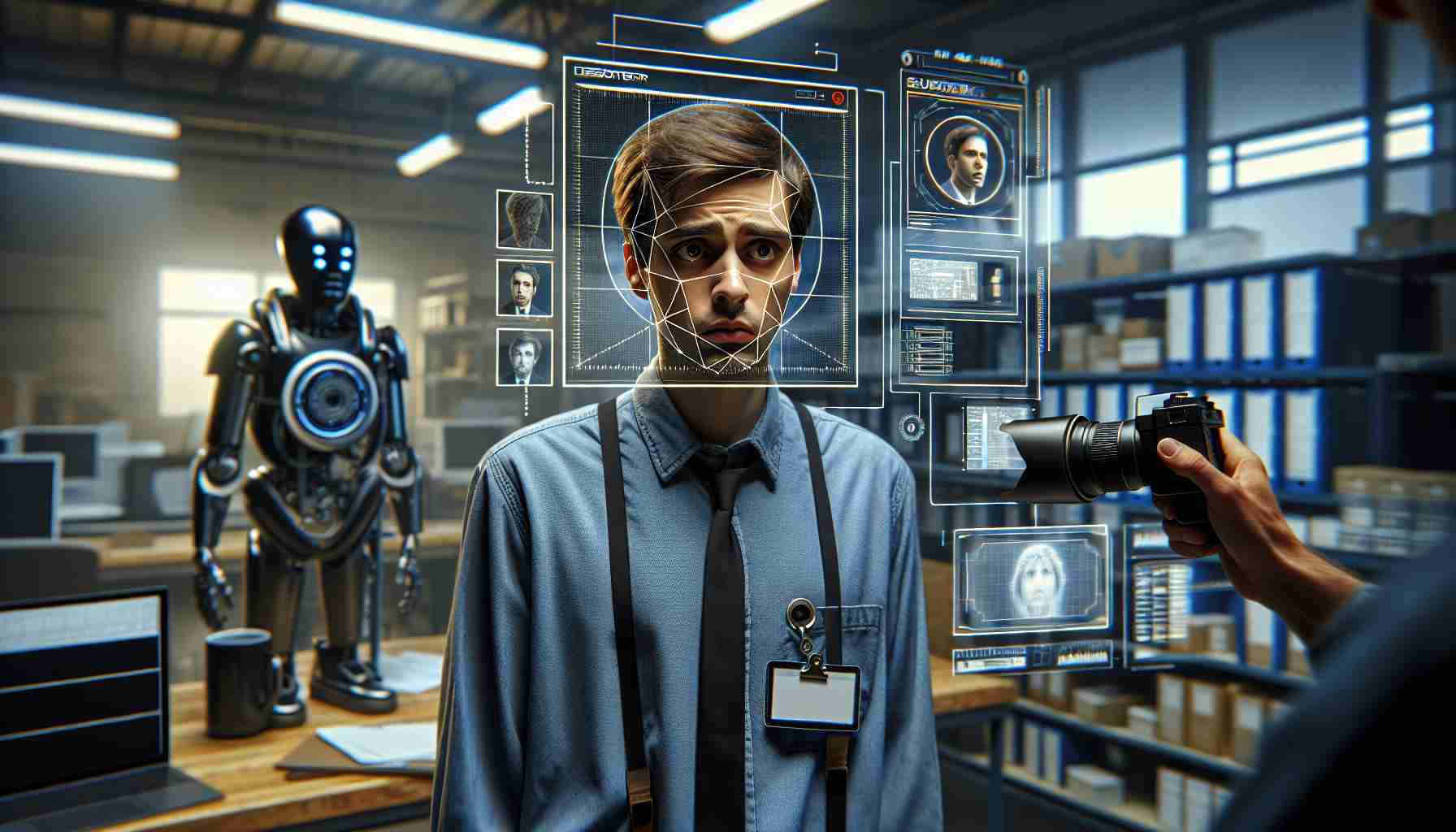In a troubling case from Rome, a construction worker was wrongfully imprisoned due to an artificial intelligence error. The 44-year-old Romanian was detained based on an international warrant from Switzerland’s Ticino region, where he was falsely identified as the perpetrator of two thefts.
The worker, who was diligently employed in Rome at the time of the alleged crimes, maintained his innocence, supported by his employers. His legal counsel began to suspect a miscarriage of justice when they discovered that the AI system used for video surveillance analysis in Switzerland had identified him incorrectly.
The arrest warrant was issued based on the flawed AI analysis, leading to his detention in a Rome prison. Upon review and submission of evidence proving the worker’s alibi, including his work schedule, the lawyer contacted Swiss authorities to present their findings.
Subsequently, it was revealed that the arrest warrant had already been rescinded weeks earlier; communication errors had prevented this update from reaching Italian law enforcement in time. While waiting for an extradition process that was no longer valid, the man’s case was revisited, resulting in an immediate order for his release from a Rome appellate court.
This incident underscores the potential hazards of relying heavily on AI for criminal identification and the importance of clear communication between international legal systems.
Understanding AI Errors: Tips, Life Hacks, and Interesting Facts
In light of the recent case involving a wrongful imprisonment due to an artificial intelligence error, it’s vital to discuss how we can navigate the complexities of AI technology in our daily lives. Below are some valuable tips and life hacks, along with intriguing facts that highlight the importance of understanding and critically evaluating AI systems.
1. Stay Informed About AI Technology
Understanding the capabilities and limitations of AI can help you make better decisions. AI systems can analyze data and identify patterns, but they aren’t infallible. Research different AI applications, particularly in security and law enforcement, to grasp how they work and the potential for error.
2. Verify Information
Always cross-check any information that seems questionable. In cases involving AI or automatic systems, human oversight is crucial. Whether it’s a legal matter or a routine online task, verifying facts can save you from potential pitfalls.
3. Keep Records
Whether it’s your work schedule, contracts, or any critical documents, maintaining accurate records can serve as your best defense in situations like wrongful accusations. Digital tools for organizing documents, like cloud storage services, can ensure you have access at all times.
4. Familiarize Yourself with Rights
In case you find yourself in a legal situation, knowing your rights is vital. For example, being aware of laws regarding wrongful imprisonment and seeking legal counsel can help you navigate the complexities of the legal system effectively.
5. Advocate for Transparent AI Systems
Encourage the development of more transparent AI processes within your community and profession. Supporting legislation and initiatives that promote ethical AI practices can help reduce errors in high-stakes scenarios like law enforcement.
Interesting Fact: AI in Crime Prevention
Did you know that AI is widely used in law enforcement for predicting criminal activity based on historical data? While this can help in resource allocation, it also raises concerns about biases in the data, which can lead to wrongful identification, as seen in the highlighted case.
Life Hack: Employ AI Responsibly
When utilizing AI tools in your everyday life (for example, in home automation or online shopping), always review automated recommendations critically. Just because a system suggests something, it doesn’t mean it’s the best option for you.
This recent incident in Rome offers a moment to reflect on the intersection between technology and justice. As we advance towards a more AI-integrated society, maintaining a healthy skepticism and a solid understanding of technology’s role is essential.
For more information on the impact of AI and how to navigate technological advancements, visit TechCrunch.








